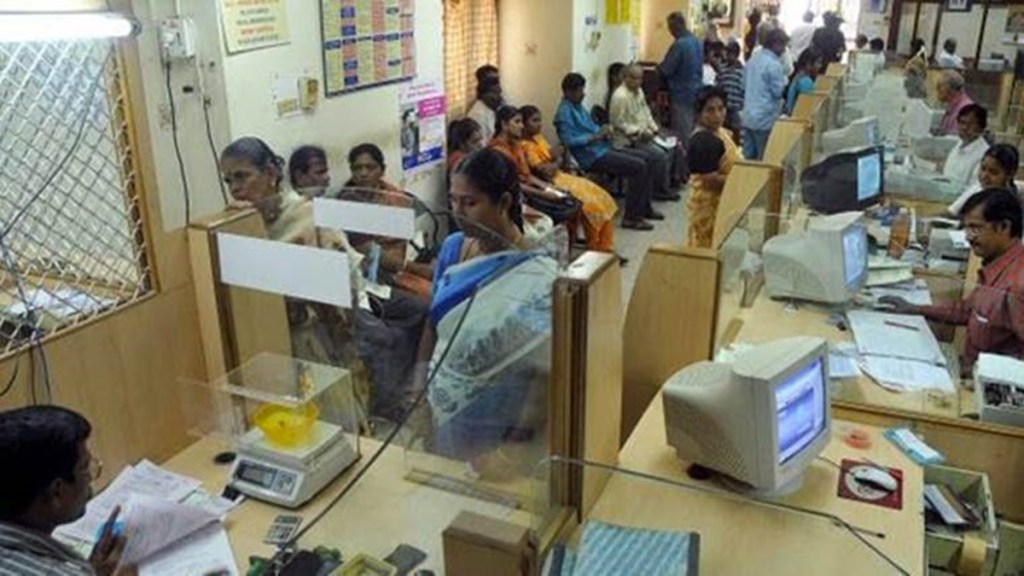Banks are wary of lending to startups as the cashflows of many of these companies are uncertain. “There are multiple things that come into play when it comes to financing startups. It depends on the problem statement that you are trying to address, the field that you have chosen to build the business on, the experience that promoters have,” Smita Bhagat, group head-government and institutional business, HDFC Bank, said.
The Department for Promotion of Industry and Internal Trade (DPIT) defines a startup as one where the turnover of the entity for any of the financial years since incorporation has not exceeded Rs 100 crore.
Also read: Adani Total Gas Q3 Result: Net profit jumps 17% on-year to Rs 150 crore; revenue rises 27%
“From a credit quality point of view, it is uncomfortable. You may fund the company against its deposits. But pure unsecured funding to startups tends to be a risky proposition, credit wise. Our startup loan portfolio is negligible. Even if it is there, it will be against deposits from the startups,” Dipak Gupta, joint managing director, Kotak Mahindra Bank, said.
“The entity should be working towards innovation, development or improvement of products or processes or services, or if it is a scalable business model with a high potential of employment generation or wealth creation,” a DPIT notification said.
Profitable startups usually do not find it difficult to access bank credit. However, banks are wary of extending unsecured credit to companies that are not yet profitable.
Typically, the startups that are yet to turn profitable receive loans against a collateral. This collateral is in the form of receivable discounting, which has lower risk for the lender. Some banks may also be willing to issue loans against physical collateral, such as the office space, say experts.
“Startups are extremely important for the country, and as you know India is becoming a hub for startups. However, they are very early-stage companies and have equity risks. So, to take equity risk and have debt returns for the bank is not prudent. Of course where the startup has strong cash flows or other comforts like parentage, cash-generating business model, etc, we can look at it,” V Vaidyanathan, managing director and chief executive officer, IDFC FIRST Bank said.
Also read: Budget 2023-24 gives a boost to fund-starved sectors: MSME Secy
As far as equity is concerned, mega deals in the Indian startup space fell 45% year-on-year (y-o-y) in 2022. Average ticket size of investment in Indian startups fell to $18 million in 2022 from $22 million in 2021.
Startups in the financial technology segment witnessed the highest funding in 2022.
In order to enhance the flow of credit to these entities, banks must start offering cashflow-based lending products instead of collateral-based ones as the former will make more startups eligible for bank products, say experts.
“Since lending in India is collateral based and startups normally lack collateral as well as profitable financial history so it’s tough to fund them through traditional banking channels. That’s another reason that Indian banking sector needs to start offering cashflow based lending products as that will make start-ups eligible for bank products,” Rohit Arora, CEO and co-founder, Biz2Credit, said.

